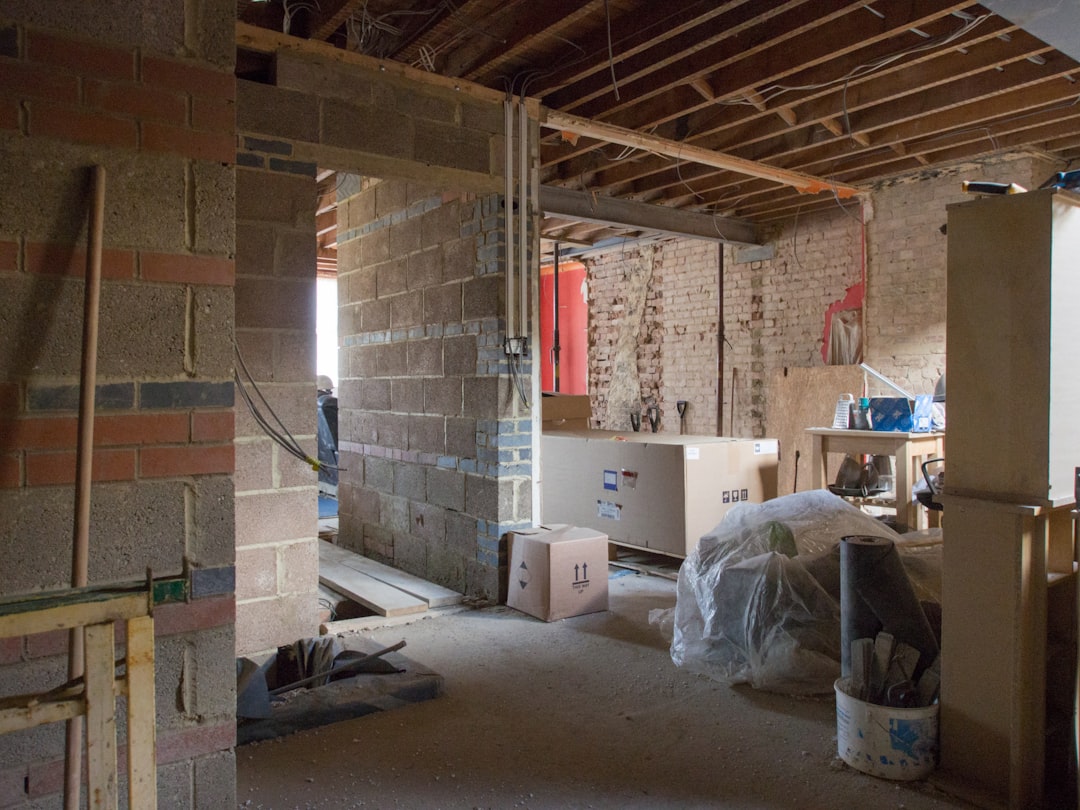CountBricks: Floor Insulation Cost per Square Foot Guide
Price source: Costs shown are derived from our proprietary U.S. construction cost database (updated continuously from contractor/bid/pricing inputs and normalization rules).
Eva Steinmetzer-Shaw
Head of Marketing
Understanding Floor Insulation Costs for Professionals
For construction professionals, accurately estimating floor insulation costs is crucial. Current rates range from $0.40 to $6.75 per sq. ft. per square foot, depending on materials and labor. Understanding these variables helps in precise budgeting and project planning.
Detailed Cost Breakdown
Material Costs
- Fiberglass batts: $0.30–$1.50 per sq. ft. per sq. ft.
- Mineral wool: $1.40–$4.00 per sq. ft. per sq. ft.
- Rigid foam panels: $1.20–$3.70 per sq. ft. per sq. ft.
- Spray polyurethane foam: $1.00–$4.50 per sq. ft. per sq. ft.
Labor and Additional Costs
- Crawl-space accessibility: Increases labor costs.
- Subfloor moisture mitigation: $0.30–$2.00 per sq. ft. per sq. ft.
- Joist repair: $2–$8 per linear foot. per linear foot.
- Disposal fees: $1.00–$2.00 per sq. ft. per home.
Advanced Estimation Techniques
CountBricks offers AI-driven tools for precise cost estimation, replacing traditional methods with real-time data and analysis.
Real-Time Pricing
- Daily updates from suppliers ensure accurate material costs.
- Bulk-buy discounts applied automatically.
Cost Scenarios for Professionals
Example: 500 sq. ft. crawl space.
- Fiberglass batts: $0.50 per sq. ft. per sq. ft. Total: $1,000 to $2,400 total..
- Spray foam: $3.00–$5.00 per sq. ft. per sq. ft. Total: $3,000 to $4,500 total..
Strategies to Optimize Costs
- Schedule insulation before plumbing to reduce labor complexity.
- Bundle projects for tiered pricing benefits.
Frequently Asked Questions
Is a vapor barrier necessary?
Yes, especially in coastal areas to control moisture.
Can I DIY to save costs?
Professional installation is recommended to ensure efficiency and compliance.
Case Study: Mineral Wool Upgrade
A La Mesa home improved energy efficiency with mineral wool insulation, reducing noise and utility costs. The project was completed efficiently with CountBricks' AI tools.
Project Highlights
- Material procurement secured a 12% discount.
- Installation completed in eight hours.
Outcomes
- Reduced noise and energy costs.
- Increased property value.
Pro Tips
- Compare R-19 and R-30 options for cost-effectiveness.
- Use temperature-corrected calculators for accurate material estimates.

